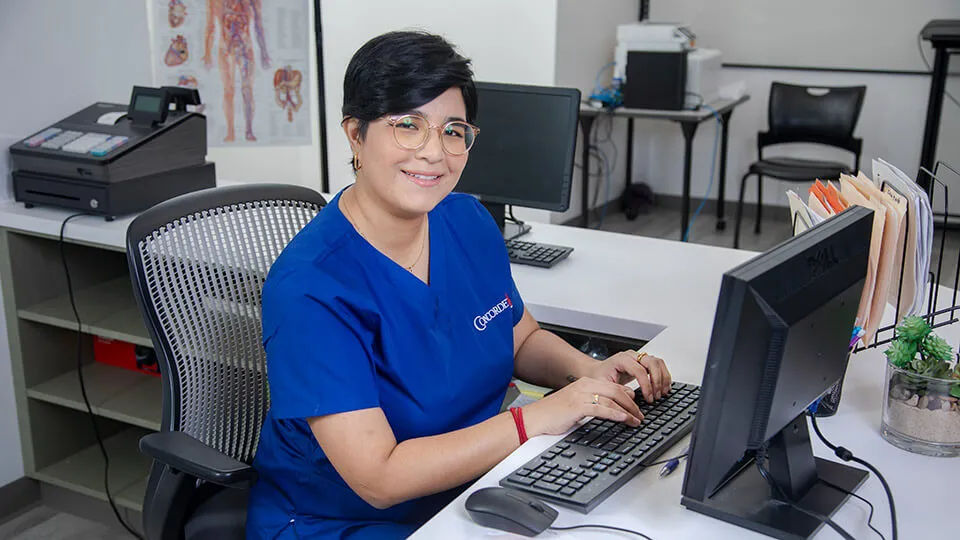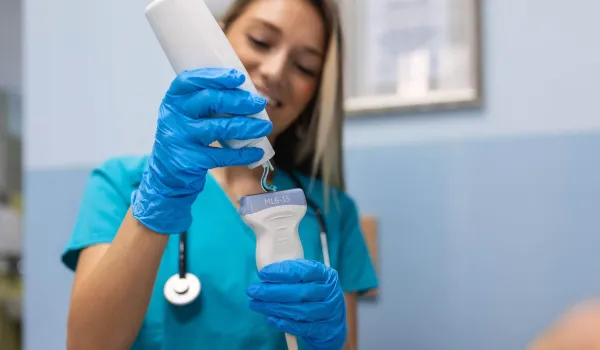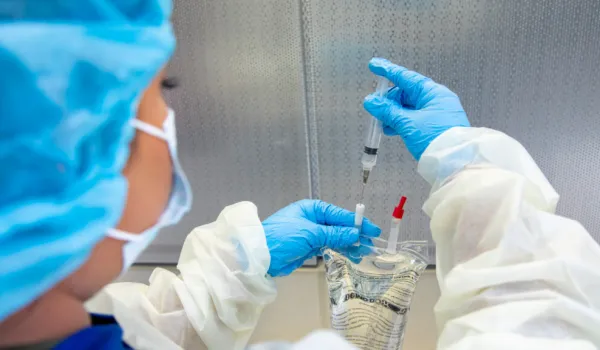
Technology has touched - and not in subtle ways - just about every aspect of humans' lives. It changes how we schedule our days, how we transport ourselves to and from work, and mostly how we go about our jobs. Perhaps nowhere has technology changed things more than in the health care industry. And, perhaps no other field in health care has been changed as drastically by technology as the Medical Office Administrator or Medical Office Professional.
Concorde's training programs and curricula has changed to accommodate the sweeping technological updates of the profession, so we thought what better time to chronicle exactly what some of these changes entail. Drew Hendricks, a tech writer with The Huffington Post, detailed many of these changes in a May 2013 blog entitled, "How Technology is Changing the Medical and Health Care Field."
The Medical Office Professional and electronic medical records
The Medical Office Professional who works with medical billing and coding know the strides technology has made. In the last few decades, medical billing and coding has switched from being a paper-based system to a computerized format. Under HIPAA laws, medical practitioners had to develop new software in order to send out electronic bills.
Doctors are benefiting immensely from the drive toward electronic medical records. With one touch of a button, doctors can access all the care a patient has ever received and can figure out possible illnesses. Another benefit of this new technology is that it enables statistical documentation of the whole population. It also can help to make the health care system more transparent and can be integrated with reimbursement data. As the health care system changes, this will prevent unnecessary costs and make it easier to get the reimbursements needed to treat a patient.
Other areas of change
Of course, Medical Office Professional is just one area greatly affected by technological advancements.
Population science, the study of health and illness within groups, has moved from public health workers embarking on studies during outbreaks to using new technology to evaluate patients on a large scale. By evaluating patients on a large scale, physicians can look at the death rate, life span, and frequency of illness throughout the health care system. Population science can allow doctors to look at a large-scale way to cure epidemics instead of just treating an individual.
The ICD-10, the latest revision of the International Statistical Classification of Diseases, allows illnesses, unusual findings, external causes and symptoms to be coded. It encompasses 14,400 different codes as well as additional sub-classifications. In the U.S., the ICD-10 includes additional codes that amount to a total of 76,000. This tool is able to trace diagnoses and allows a country to track its morbidity rate. It is used to retrieve and store diagnostic information.
Which brings it all back to the Medical Office Professional. With all this new ability to retrieve data, it only increases the need for qualified administrators to organize and disseminate that information. Meaning - increasing technology should make for good job security for the Medical Office Professional for years to come.
Take The Next Step Towards a Brighter Future
Interested in learning more about our Medical Office Professional program?
We have a Concorde representative ready to talk about what matters most to you. Get answers about start dates, curriculum, financial aid, scholarships and more!







